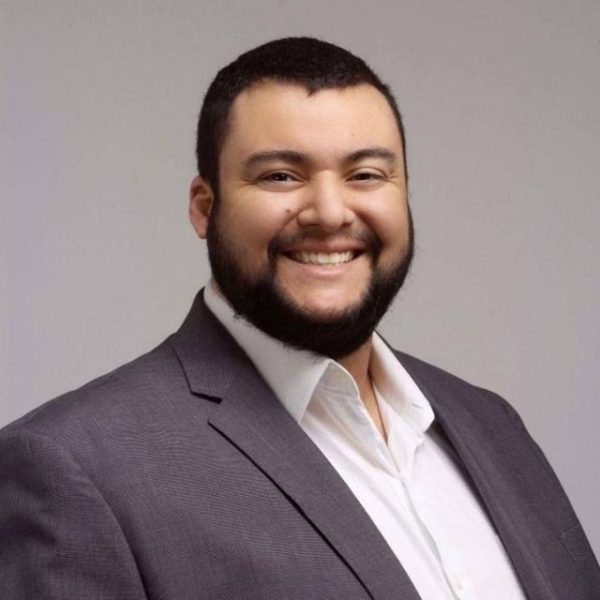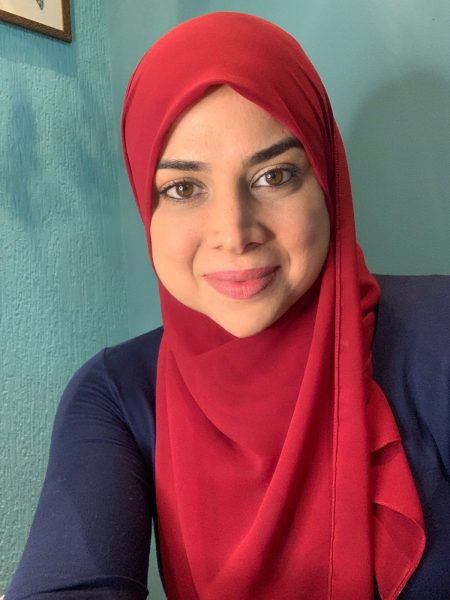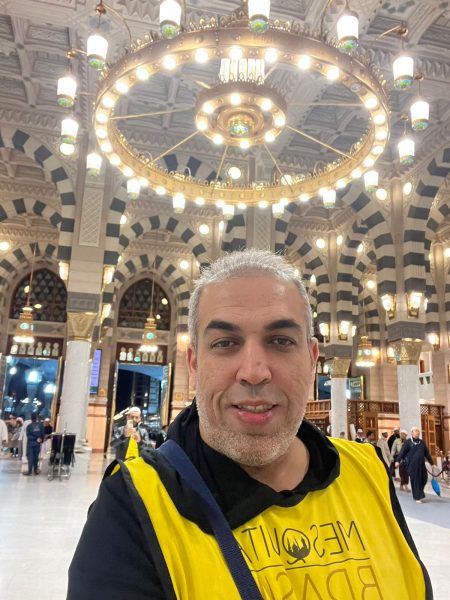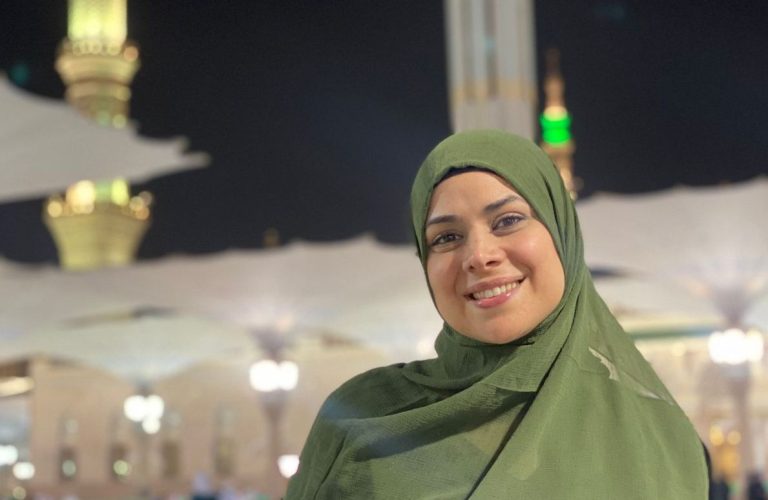São Paulo – Ramadan is a special time for Muslims. It is the Islam’s holy month. It is a time for daytime fasting, which is not an easy thing to do, but also a time for goods moments among those who live the Curan-based faith. Family gatherings, collective prayers in mosques, charitable and solidarity deeds, sharing of meals, and giftgiving are part of the Muslim routine during the period.
Islamic followers usually have fond memories or some interesting story to tell from this period. Therefore, to celebrate the beginning of 2024’s Ramadan, ANBA publishes good memories ofthe holy month from three Muslims who live in Brazil. See below stories of Egyptian entrepreneur Mohammed Darwich, biologist Soha Mohamad Chabrawi, e halal consultant sheik Yuri Ansare.
Generosity in Mecca

Sheik Ansare, a training analyst at certifier Cdial Halal, says that an interesting story he experienced during Ramadan was related to kindness. He was at the Sacred Mosque of Mecca, Saudi Arabia, during the last ten days of the holy month, when the mosque usually welcomes many believers. To get a prime spot and accompany evening prayers, you have to get there several hours in advance, which Ansare and his friends had done, knowing full well that they couldn’t leave the spot to break their fast when sundown came, as due to the sheer number people, it would take hours to get out. By nightfall, an old man with a large bag had sat near the group.
“The old man opened his leather bag, took out a thermal teapot and started serving soup to those around him. And we, who were hungry and thirsty after a day under Mecca’s sun, were given soup in a quite lavish, pretty porcelain dish. We were eating like kings due to the generosity of that man, who we would later have the honor to make acquaintance with, learning that he lived in the capital and had traveled 12 hours in a car to break the fast in the Sacred Mosque of Mecca,” says Ansari. “He had brough everything he and those around him would need,” he says. “On that day we witnessed how Muslims can behave literally like brothers.”
Ramadan presents

Chabrawi (opening photo), halal quality manager at certifier Fambras Halal, have fond memories of both her childhood’s and more recent Ramadans. Growing up, the daughter of Egyptian parents living in Brazil used to travel to Egypt during the holy month, which usually happens during Brazil’s summer vacation, when sundown comes later, while in the Arab country it is winter, and temperatures are milder.
“When we went there, we were reunited with our family. There is a very nice moment during Ramadan that is the Eid, the great festivity, when people visit each other. It is customary to visit each other and bring gifts. The gift that we used to bring was a box of washing powder, which was expensive back then, as gifts to our families,” says Chabrawi. Eid Al-Fitr is the celebrative breaking of the fast.
Chabrawi also recounts how special the first Ramadan during the COVID-19 pandemic was, despite the circumstances the world was living through. “We were at home, so this further strengthened the ties between me and my daughters. We could read more from the Curan, get closer to God,” she says. She believes that strengthening ties between family and friends is also important but being at home favors the connection to God and the relationship with the Curan.
Ramadan on a flight

Entrepreneur Darwich, president of EGP Viagens, Crystal Asfour Brazil, and Crystal Star recounts situations experienced by Muslims who have to travel to other countries during Ramadan. Depending on the time zone, those who reach a destination before the time to break their fast may have to wait longer to eat. “A friend of mine was flying to Brazil from Australia during Ramadan. When he left, it was like 6 am, and he thought, ‘I will sleep and when I get there, I’ll be able to eat.” But when he got to Brazil, time had gone backwards,” he recounts. When it is nighttime in Sydney, the day is rising in Brazil. “From one country to another, depending on the time, you may have to fast for a longer or shorter period of time,” he says.
Darwich notes how Muslims managed to transform the Ramadan, a time that can be hard due to fasting, into something good. “Ramadan is a very special, sacred time, when people fast from sunup to sundown. We have to feel the hunger of the poor, work on self-control to cleanse ourselves, and do deeds to get closer to God. It’s also a month full of blessings, as many good things take place in them. Fasting is hard, but Muslims managed to change this, doing deeds, gathering the family, hosting events for children to play and have fun,” he says. He believes the difficulty of the fasting ends up being smaller against everything that happens within the month.
Here’s more on Ramadan:
- Find out what and what not to do in Ramadan
- Service sector picks up speed on Ramadan nights
- Despite the fasting, Ramadan drives demand for food
- Festival of Ramadan boosts consumption in Muslim countries
Translated by Guilherme Miranda




